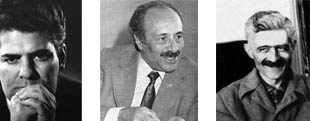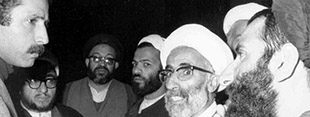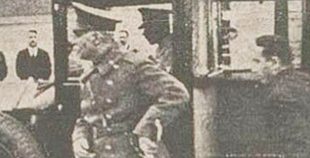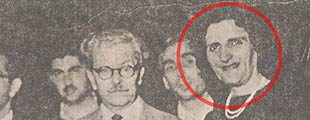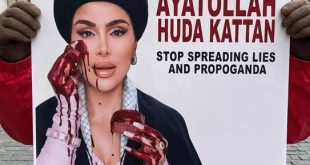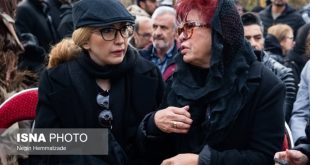Mirza Mohammad Taqi Khan Farahani, better known by his honorific title Amir Kabir, stands among the most consequential statesmen in nineteenth-century Iranian history. Born on 19 Dey 1185 (January 9, 1807) in the village of Hazaveh in the Farahan region, and assassinated on 20 Dey 1230 (January 10, 1852) in Kashan, his life encapsulates both the promise and peril of …
Read More »History
Prominent figures of the left party in contemporary
Taghi Arani was one of the most significant socialist thinkers of the early twentieth century. He is often associated with the origins of the Tudeh Party, a movement that later became highly influential in modern political history. Although many accounts describe Arani as the party’s founder, historians continue to debate the accuracy of that claim. His precise role in shaping …
Read More »Motorcyclist girls performing
In recent years, images circulated widely on social media showing groups of women participating in motorcycle training courses at a specialized center in the southern districts of the capital. Wearing helmets and protective gear, they practiced balance, coordination, braking techniques, and even advanced maneuvers. Some of the published photographs captured moments of remarkable confidence: women riding in formation, performing tight …
Read More »Rarely seen photos of Jannati
Hamad Jannati Ladani was born on March 2, 1926, in the small village of Ladan, located a few kilometers west of the historic city of Isfahan. His birth took place in a modest clerical household at a time when the country was undergoing significant social and political transformation. His father was a religious scholar, and his mother organized religious gatherings …
Read More »Celebrating the coup victory in the deserts north of Tehran
The history of modern Iran, particularly the early 20th century, is intertwined with the life and legacy of Reza Shah Pahlavi, a military leader who rose to power and changed the political and social landscape of the country. His reign, which lasted from 1925 to 1941, was marked by radical reforms and state-led modernization, shaping the nation into a new …
Read More »Enayat Bakhshi, actor before and after the revolution, passes away
Enayatollah Bakhshi (7 Farvardin 1945 – 16 Bahman 1404) was a distinguished film, theater, and television actor whose career spanned more than six decades. Celebrated for his commanding screen presence and resonant voice, he became one of the most recognizable performers of intense and morally complex characters in Persian-language cinema. Over time, he expanded his range to include wise elders, …
Read More »Who is the first female actress in persian theater?
Esmat Safavi: A Life Devoted to Iranian Theater, Cinema, and Radio Esmat Safavi, whose full birth name was Esmat Sadat Safavi Golpaygani, stands as one of the dedicated and passionate figures of Iranian theater, cinema, and radio performance. Though her life was short, her artistic presence left a lasting impression on those who worked with her and those who witnessed …
Read More »Damage to public property by insurgents 5
The 1979 Revolution, also referred to as the Islamic Revolution, was a pivotal series of events that marked the end of an era in the Middle East. The revolution led to the collapse of a long-standing monarchy and the establishment of a new political order that forever reshaped the political landscape of the region. The events that unfolded in the …
Read More »Huda Beauty
Huda Beauty is a globally recognized beauty brand founded by makeup artist and entrepreneur Huda Kattan. What began as a passion for makeup quickly grew into one of the most influential brands in the beauty industry, known for bold innovation, inclusivity, and trend-setting products. The brand is celebrated for its high-performance makeup, including iconic foundations, eyeshadow palettes, false lashes, lip …
Read More »A Voice of Patriotism
Born in Tehran, Roygari became interested in the arts at a young age. He trained in traditional music and theater, which helped shape his distinctive performance style—one that blends classical vocal technique with dramatic intensity. Alongside music, he also pursued acting, appearing in theater and film, which further broadened his artistic reach. Reza Roygari rose to national prominence around the …
Read More »
